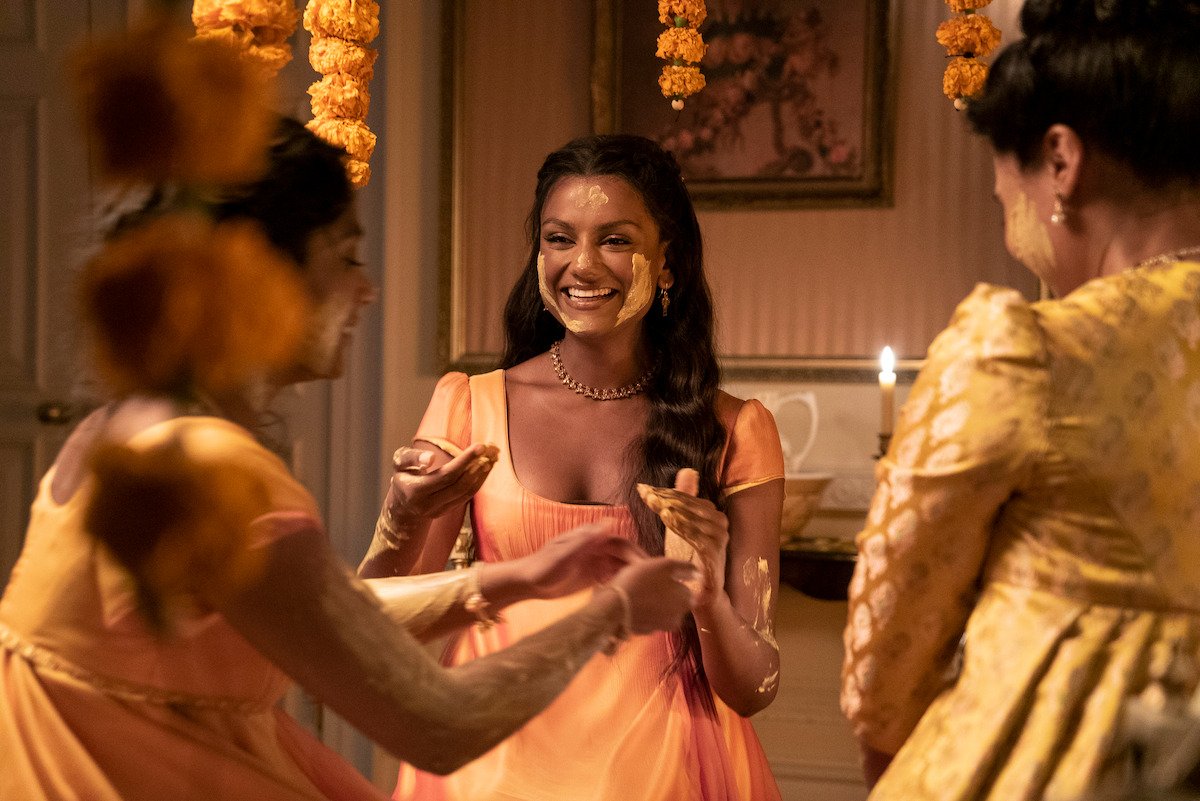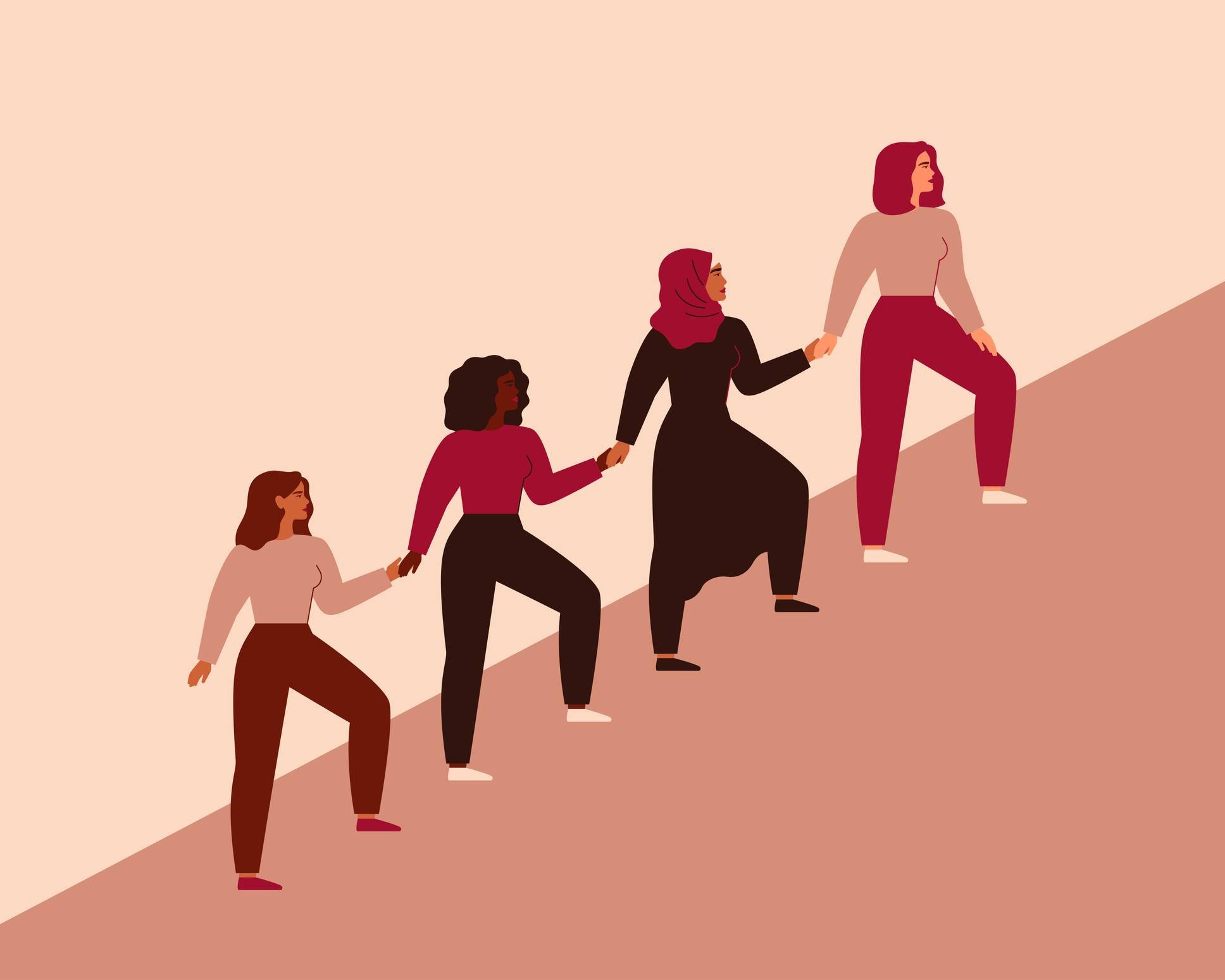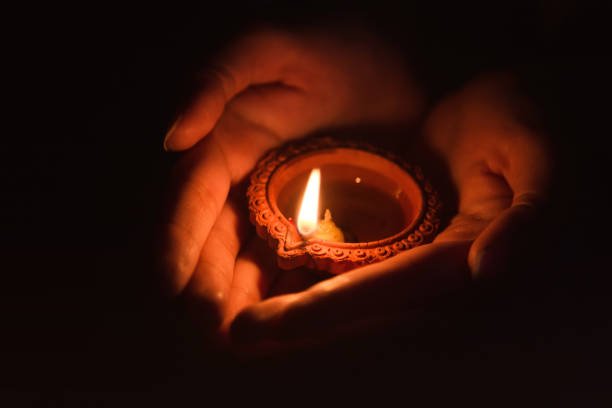
International Students Need Better Mental Health Support
Although students from many different backgrounds report experiencing loneliness at university,2 international students face a unique challenge. They are navigating the social landscape, while adjusting to an entirely new cultural context. This is not limited to language barriers and homesickness – there are more subtle, everyday issues that arise. For example, adopting an anglicised version of your name, or an entirely new ‘English’ name. Some of these adjustments are a matter of convenience, but others come from feeling pressure to make others comfortable.

Eldest Daughter Syndrome
Many eldest daughters find themselves in the role of a 'second mother' within their families, shouldering significant emotional and financial responsibilities for their younger siblings. This role often involves a range of duties, from mediating conflicts to preparing meals, and can persist well into adulthood. These expectations are typically rooted in gendered assumptions about caregiving, which disproportionately affect women in both Eastern and Western societies.1 For daughters of immigrant families, the intersection of familial duty, gender expectations, and cultural adaptation can exacerbate this challenge.

The Burden of Grief: Widowhood and its Impact on Indian Women
Gendered expectations around grief have existed for centuries. While religion is often cited as a basis for oppressive customs, it’s possible that the cultural norms are largely created by patriarchal interpretations of religious texts, rather than their original messaging. The Gita, for example, strongly emphasises equality between genders, and there are multiple passages which outline the importance of serving each other in different ways. Conveniently, cultural norms often ignore these teachings and extend the idea of “devotion to one’s spouse” only to women.

Musical Tradition meets Cultural Innovation
Yes, there have always been cultural differences between the two styles of music, but watching this event made me feel that barrier was removed for the first time. I began to believe that just because something is ancient or tradition doesn’t mean that it can never be changed or reimagined, as long as one wants to do something meaningful and wonderful with those barriers removed.

The Empowering Legacy of Madhubani Art
Anti-Bihari sentiment continues to be prevalent in India, and this not only weakens national social cohesion, but also undermines the significance of Bihar’s contribution to India’s artistic history. One overlooked tradition is Madhubani, or Mithila painting, one of the only art forms in the world which is predominantly practised by women and is focused on women’s experiences. Madhubani paintings have been challenging patriarchal norms for centuries, yet remain relatively unknown beyond their birthplace. Interestingly, Madhubani’s signature patterns and colours are probably familiar to many people, and can be seen on various mediums such as textiles and home decor. However, the art form’s deep-rooted connection to Bihar, feminism, and storytelling often go unacknowledged.

Aunty Jokes: We’re Laughing at Our Own Expense
The problem doesn't always lie within the caricature itself. Lots of people, myself included, make jokes about the funny things their family members do. The consequence of the Aunty stereotype in particular, however, is the way it perpetuates regressive ideas and ultimately pits women against each other. As we work towards creating more diverse, empowering representations of South Asians, it is important to understand the impact of this generalisation.



The Emotional Toll of Autonomy in a Patriarchal Society
We are often praised for “qualities” like obedience and submissiveness, while those who challenge it are viewed as deviant. For nearly two decades, this mindset kept me from gaining autonomy and reclaiming my independence.

Beyond Religion: The Healing Power of Cultural Identity
Through my connection with this essential aspect of my culture, I have become more attuned to my own needs and aspirations, and have grown more connected to the person I strive to be.

Food for Thought: The Connection between Food and Mental Health
How can I use food to improve my mental health?
